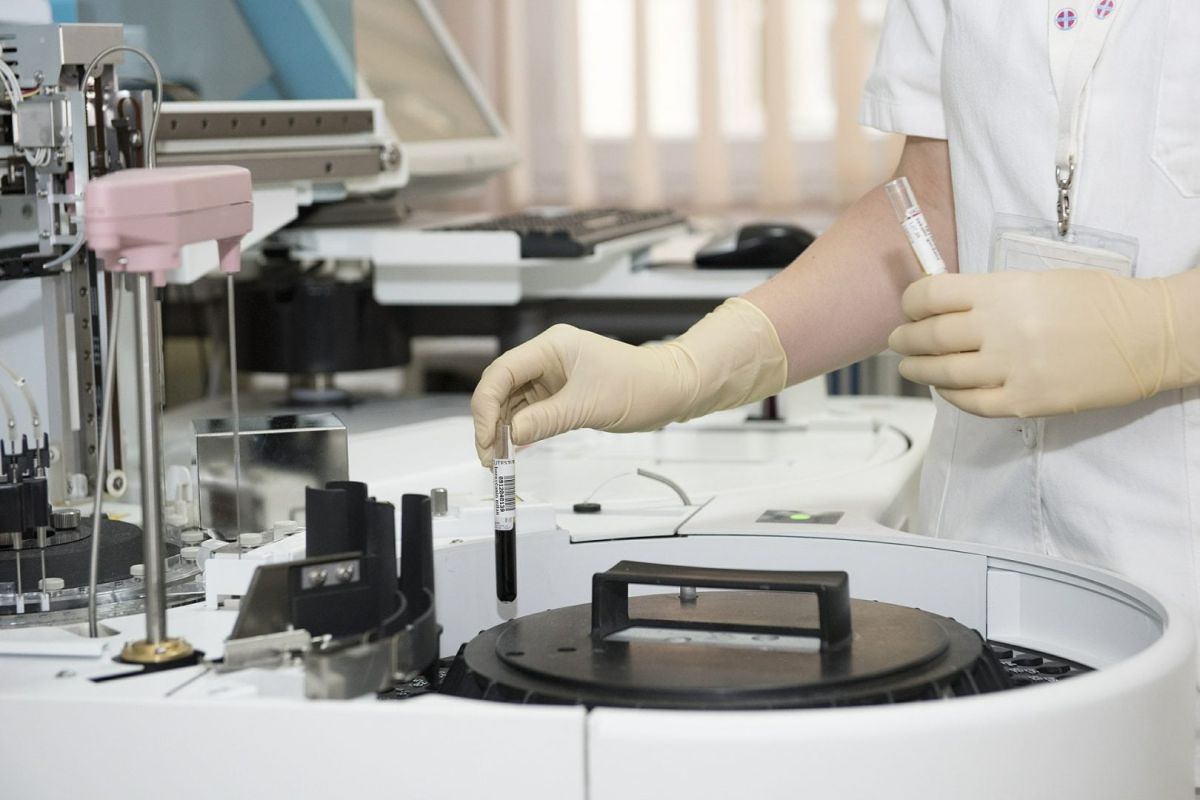£6.8 million awarded to Manchester health consortium

A newly-formed Manchester-based health consortium has been awarded £6.8m for the development of new drugs.
The Innovate Manchester Advanced Therapy Centre Hub (iMATCH) was endowed a three-year grant by Innovate UK, the country’s technology strategy board.
The project aims to create targeted treatments where patient’s cells are used as “drugs” to treat a disease. Cells will be taken from a patient, grown and modified in the lab to introduce therapeutic properties, and finally re-introduced to the body. Small-scale trials of this nature are currently already underway.
However, with this funding, production of these “personalised” medicines would be scaled up to serve more patients. Initially, the research group plans to recruit 260 individuals for the first stage of trials but aims to treat five times more patients by 2021 and reduce waiting times by 50 per cent.
iMATCH is an “exemplar and driver of novel therapies, including cancer immunotherapy and molecular therapies, [that] allows for state-of-the-art cancer care to patients” according to Professor Rob Birstow of the University of Manchester who is also Director of the Manchester Cancer Research Centre and Chief Academic Officer of The Christie.
Manchester is one of three other centres in Britain given funding from Innovate UK’s Industrial Challenge Fund for coordinating the scale-up of therapies for cancer and other debilitating diseases. The centre will be hosted at The Christie in Withington, part of the NHS Foundation Trust and one of the largest cancer treatment facilities in Europe.
Roger Spencer, Chief Executive of The Christie, thinks establishing the project here is beneficial. “Manchester has several advantages as a designated advanced therapies treatment centre; existing clinical excellence in the field, active trials for both adults and children, a large population to draw on for trial participants, a thriving biotechnology sector and existing frameworks to ensure improvements are adopted into our healthcare system.
“These benefits, and existing strong partner relationships within the consortium, will enable us to meet government requirements; helping the UK remain competitive in the development of advanced therapies.”
iMATCH was established in December of last year and is composed of the University of Manchester, Manchester University NHS Foundation Trust and The Christie. With other industry partners including AgenTus Therapeutics, Aptus Clinical, AstraZeneca (iDecide Programme), Asymptote (part of GE Healthcare), Chaucer Life Sciences, Cellular Therapeutics, The Christie Pathology Partnership, Datatrial and Formedix.
Once iMATCH becomes fully operational, two more consortia will be established: The Northern Alliance Advanced Therapies Treatment Centre (encompassing Newcastle, Leeds and Scotland) and the Midlands and Wales Advanced Therapies Treatment Centre (comprising Birmingham, Nottingham and Wales). The three groups will eventually work together to ensure that the output from all the collaborative research will be available on a nationwide level.
This initiative has potential to generate £10b in revenue and 35,000 jobs by 2035. Potentially creating 50 high-value jobs within the local NHS in the next three years.







